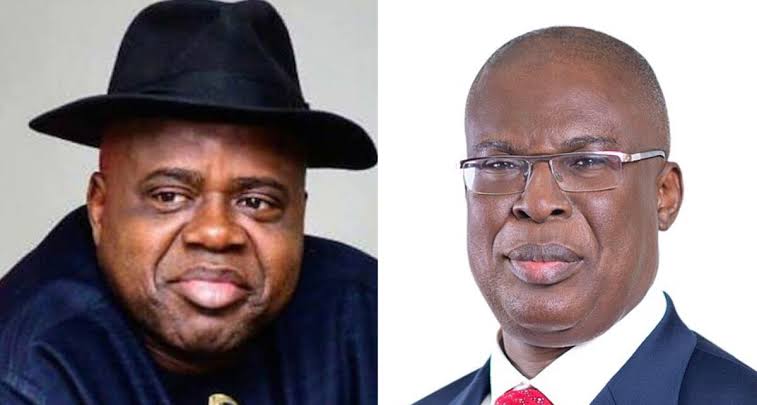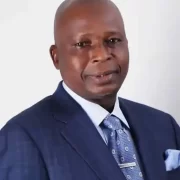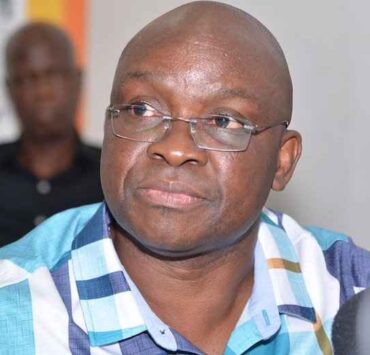Bayelsa Guber: Appeal Court Reserves Judgment

Lawyard is a legal media and services platform that provides…
The Abuja division of the Court of Appeal has reserved judgment in the appeals brought by the All Progressives Party (APC) and its governorship candidate, Timipre Sylva against the judgment of the Bayelsa State Governorship Election Tribunal which affirmed the election and return of Governor Douye Diri and his deputy, Senator Lawrence Oborwahariewo
The three-member panel of the appellate court led by Justice James Gambo Abundaga reserved judgment in the appeals after the adoption of written submissions by counsel to the respective parties
While Onyechi Ikpeazu appeared for the petitioners, Charles Uwensuyi-Edosomwan appeared for the Independent National Electoral Commission (INEC); Chief Chris Uche led the legal team for Governor Diri.
A former Attorney General of Imo State, Chukwuma-Machukwu appeared for the deputy governor and Tayo Eyitayo for the Peoples Democratic Party (PDP).
The respondents counsel had while adopting their separate briefs of arguments, all took their turns in urging the court to dismiss the appeals with substantial cost
The Justice Adekunle Adeleye-led three-member tribunal that sat in Abuja affirmed the re-election of Governor Douye Diri of Bayelsa State after dismissing the petition by Sylva and APC for lacking in merit.
But dissatisfied with the judgment, the former minister of state (Petroleum) and his party approached the Court of Appeal for the setting aside of the judgment on the grounds of miscarriage of justice.
In his response, the deputy governor urged the court to hold that the appeal lacked merit and should be dismissed.
While urging the appellate court to resolve all the three issues set out in the appeal in favour of the respondents, Oborwahariewo contended that the appellants woefully failed to prove their case of unlawful exclusion or non-collation of the purported results of the election from the 184 polling units in Nembe, Ogbia and Southern Ijaw local government areas.
Ume argued that in the peculiar circumstances of the case, the lower court was right in not relying on the evidence adduced by the appellant’s witnesses.
He submitted that “the finding of the lower court with respect to the credibility of the evidence of the Pw52 (Dr Dennis Otiotio) was right and not perverse.
“That the appellants, having voluntarily participated in the process of reading the barcode on the said polling unit result sheets, can no longer complain about the process and the result of the said process.”
While further canvassing argument on the substantive appeal, Ume argued that the appellants woefully failed to discharge the burden of proof that lawful votes due them were excluded and thus not collated in their favour.
Lawyard is a legal media and services platform that provides enlightenment and access to legal services to members of the public (individuals and businesses) while also availing lawyers of needed information on new trends and resources in various areas of practice.













